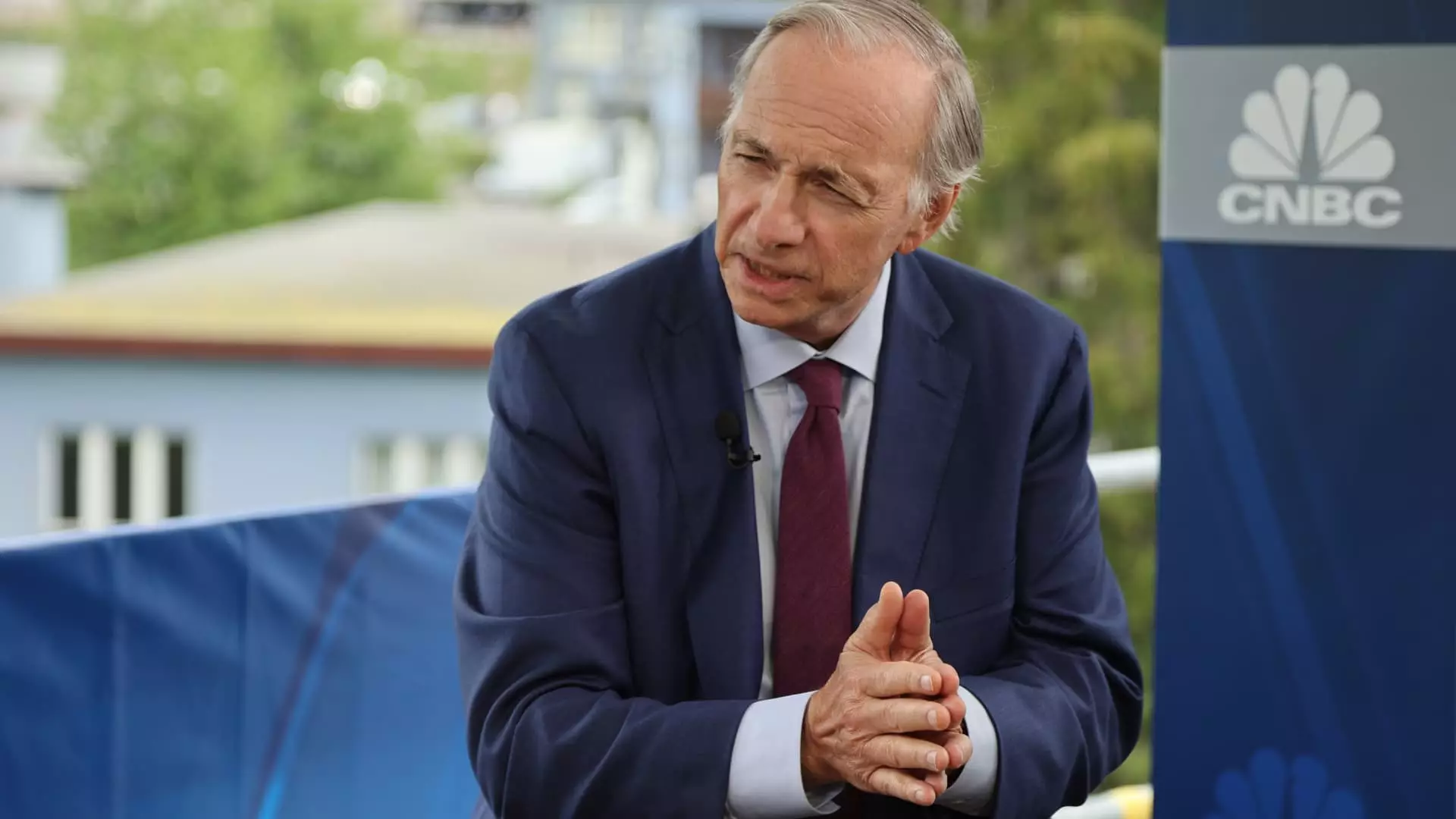In a recently aired conversation on CNBC’s “Squawk Box Asia,” renowned investor Ray Dalio expounded on the impending 2024 U.S. elections and their unprecedented significance. Dalio, the founder of Bridgewater Associates, articulated that the upcoming presidential election could be the most pivotal of his lifetime. He emphasized the stark divide between political parties and underscored the importance of bridging these gaps for the betterment of American society. The urgency of reaching “broad-based prosperity” is not simply an economic aspiration; it is a fundamental necessity for a functional democracy.
Dalio’s remarks reveal alarming concerns about the current political climate in the United States. He pointed out the challenges posed by the growing polarization between Republicans and Democrats, noting that this division poses questions about the very fabric of democratic governance. His worries extend to the possibility of an “orderly transition of power”—a hallmark of democracy that, he noted, may be at risk if election results are not accepted by all parties involved. To Dalio, the political landscape suggests an unsettling reality where compromising on key issues becomes an enormous challenge, distorting the essential cooperative spirit of a thriving democracy.
Despite this division, voters across the political spectrum share common concerns that dominate their priorities. Inflation and the rising cost of living emerge as universal issues transcending party lines. The public’s focus on these tangible economic challenges indicates a desire for practical solutions rather than ideological battles. Dalio identified this shared anxiety as an opportunity for moderate voices to rise above the chaos, stressing that neither extreme party represents the true needs of the country. He envisions a coalition of moderates working collaboratively to enact meaningful reforms, highlighting the necessity of unity in addressing economic and social issues.
While Dalio expresses optimism about certain sectors of American society, including innovation and education, he laments that these benefits fail to reach a significant portion of the population. He illustrated this point by referencing countries like Singapore, which have successfully managed to create environments characterized by both order and opportunity. Instead of being divided by political ideologies, Dalio asserts that the country must pursue a path towards broad-based prosperity, where societal structures create equitable opportunities for all citizens.
As the political landscape evolves, Dalio’s call for a “strong leader of the middle” resonates profoundly in a time when the extremes continue to dominate discourse. His vision for the future emphasizes collaboration over confrontation and reform over rhetoric. The forthcoming elections stand as a test not only for the candidates but also for the American public. Will they coalesce around moderates capable of acknowledging the shared humanity that underlies their differences? Only time will tell if 2024 will herald a new era of political engagement that champions unity, compromise, and the common good.

